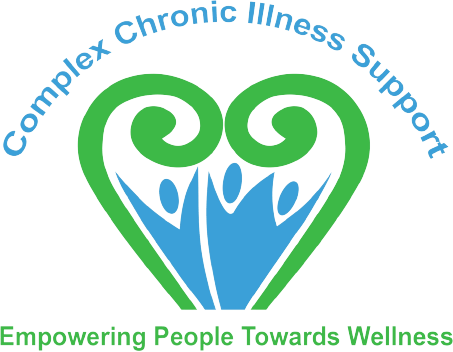For people with ME/CFS (Myalgic Encephalomyelitis/Chronic Fatigue Syndrome), one of the most common and frustrating symptoms is unrefreshing sleep—sleep that doesn’t help them feel rested or better. Despite how important sleep is, researchers haven’t studied this part of the illness in much depth—until now.
Thanks to funding from the Open Medicine Foundation, Dr. Janet Mullington at Harvard Medical School is leading a major new sleep study that’s looking at ME/CFS in a way no other sleep study has done before.
This study is exploring many factors that could explain why people with ME/CFS feel so exhausted, even after sleeping. These include:
· Orexin-A: A brain chemical that helps control when we feel awake or sleepy. This study is the first to look at orexin levels in the spinal fluid of ME/CFS patients.
· Melatonin and cortisol: These are hormones that follow a 24-hour cycle (your body clock) and help control sleep and alertness. The study will measure these around the clock to see if they’re out of balance.
· Brain waves and sleep patterns: By using EEG (a way to track brain activity during sleep), researchers will check for issues like sleep fragmentation (waking up often during sleep) and low sleep spindle activity, which affects memory and how deeply you sleep.
· Daytime sleepiness and attention problems: The study may help explain why people with ME/CFS often feel tired during the day, struggle to think clearly (“brain fog”), and have memory issues.
· Metabolism: Poor sleep may affect how the body handles sugar and energy. People with ME/CFS already have low activity levels, and this study may uncover why they are also at higher risk for problems like diabetes and metabolic syndrome.
Why this matters: This study could give doctors and researchers new clues about why people with ME/CFS feel so tired and mentally foggy, even after sleeping. It might also lead to new treatments that target sleep pathways, such as orexin-related drugs or better ways to support the body’s natural sleep rhythms.
What’s next?
The study is happening at Beth Israel Deaconess Medical Center in Boston. It’s currently enrolling participants and is expected to finish in summer 2025, with results available later that year. Early data already shows signs of sleep disruption in ME/CFS, which could explain many symptoms people experience every day.
Reference
Johnson, C. (2024). An ME/CFS Sleep Study Goes Where No Sleep Study Has Gone Before. HealthRising.
